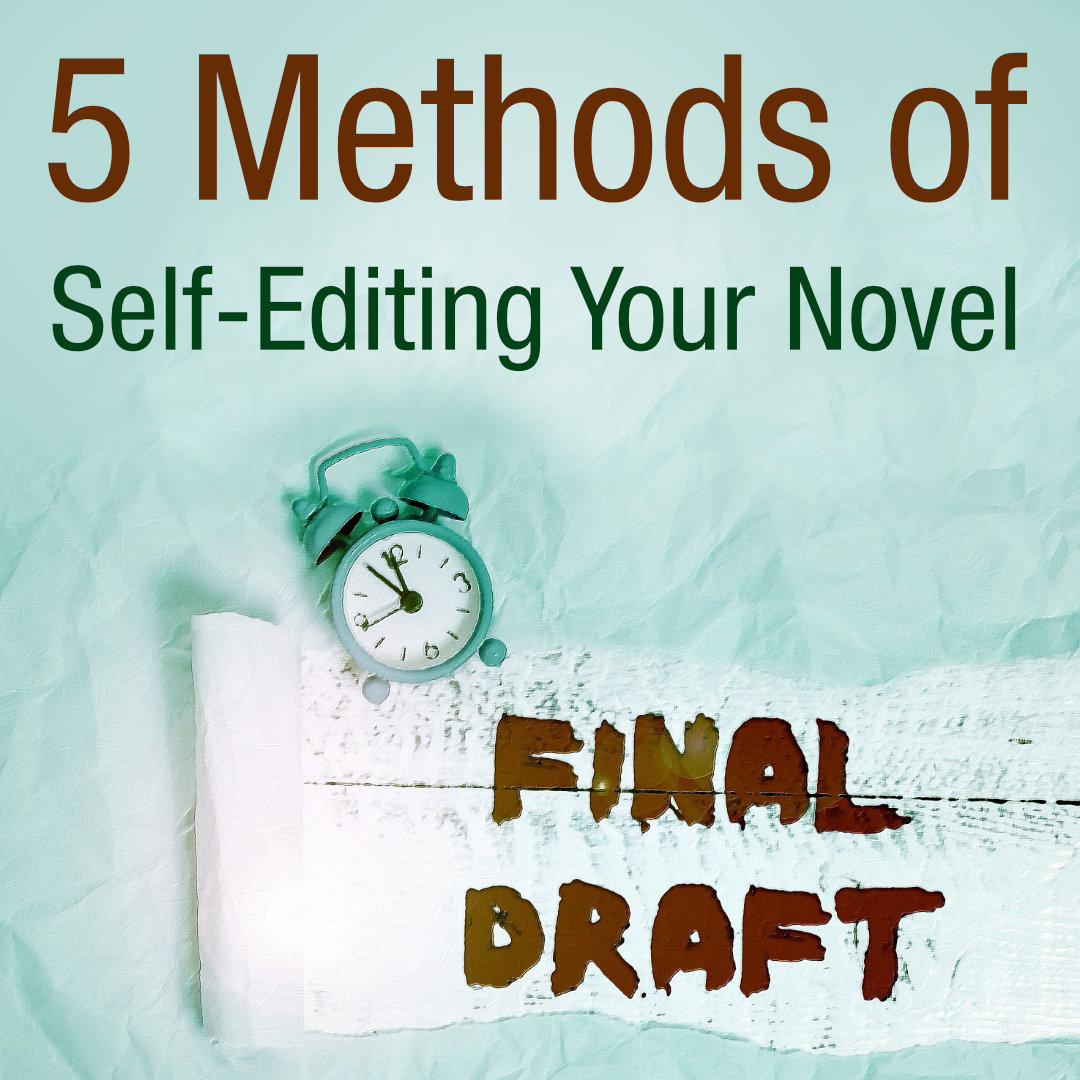6 Guidelines to Self Editing Your Novel
Estimated Reading Time:
So you have a full manuscript complete? You’ve written every word in each chapter from start to finish – congratulations! Give yourself a pat on the back for a job well done It is not easy to complete an entire book. The question is, are you actually done? Unfortunately, you’re not. Writing an engaging book doesn’t happen in the first draft.
In the previous blog post, we discussed what to do when you finish your manuscript. One important thing is taking a break from writing. Returning to your manuscript after having a breather will help give you a fresh perspective on the piece.
Have a professional editor go through your manuscript before you consider the book ready to be published.
Before bringing an editor into the picture, revise the story and edit it on your own. It will take lessen the workload for them and make it a more pleasant experience to work on your book together. Here are some pointers to keep in mind when coming back to edit your manuscript.
1. Organization – Save Copies of Each Revision
If you haven’t already, separate each chapter into their own document. Keep each chapter document in the same folder. This will easily allow you to work on and/or share individual chapters with people. When you start editing, this will make it easier to find scenes without having to sift through one monstrous document.
Be sure to save the original chapter copy as well as the edited version of that chapter for each editing session. Keeping track of your manuscript editing will help you backtrack if ever needed (e.g., if you’ve deleted a paragraph that you need again). It also helps to give you a sense of how many revisions you went through for each chapter. If your word processor has track changes, turn it on as you are editing. It is a highly effective tool to that can show you changes before and after editing.
2. Read Out Loud
An important part of the revision process is to read your story out loud. Yes, it may look odd to people around you (if you are doing this in a café), but it is a vital key to improving the readability of your story. Reading out loud helps mimic the style of the narrator, as if they are telling the story to someone. If your story can easily be spoken, it will be easily read.
3. Second Guess Everything
Question every aspect of your story. It may have made sense when you were first writing. However, if you don’t reconsider a character’s action, their thoughts, a scene or why the story progresses the way it does, then you could miss a potential a reader might catch and criticize. Filling in “plot holes” is another term for this process. Why does the protagonist have a certain emotion towards another character? Why did they take a specific action? What was the purpose of it? That leads to the next point.
4. Every Word Needs To Move the Story Forward
Easier said than done! The primary focus of editing is to remove unnecessary clutter. If the paragraph, sentence or word does not add to the story or progress the plot, why is it there? Get rid of it! You want every page of the novel to have your readers hooked. Use critical thinking while editing. If the section is just filler text, it is safe to say you can delete it. Don’t be concerned about the word count or page numbers; simply tell a good story.
5. Share the Manuscript
Once you have spent countless hours editing, refining your manuscript and pushing yourself to your absolute limit, now you can share it. Gather several of your most trustworthy friends, or fans, that you know will provide critical feedback. Each person will bring you different advice that you could potentially use. This will also provide contrasting viewpoints and notes for when you pass the manuscript onto an editor.
6. When Is It Done Being Edited?
Editing can take months, or even years. You can always have more test readers provide feedback. Make sure you take breaks and come back to the manuscript with fresh eyes because you will always find something that could be improved upon. It can be a slippery slope of not knowing when to claim the book done. You want the manuscript to be top notch but you might also be spinning your wheels, and changing for the sake of changing. This is a judgment call you have to make. You do need to call it done and move onto something new, just don’t wait too long.
Keep these thoughts in mind while editing your novel:
- Look over the technicalities – syntax, grammar, sentence structure, etc.
- Review the story telling: character development, story arch, plot holes, etc.
- Writing the manuscript is the easy part. Coming back and giving it a final polish is where it gets tedious.
Editing can seem like a tedious step. It is also one of the most exciting steps because you’re taking the next level to finalize your book. Don’t be afraid to get your hands, and your manuscript, dirty.

About Konn Lavery
Konn Lavery is a Canadian author whose work has been recognized by Edmonton’s top five bestseller charts and by reviewers such as Readers’ Favorite, and Literary Titan.


